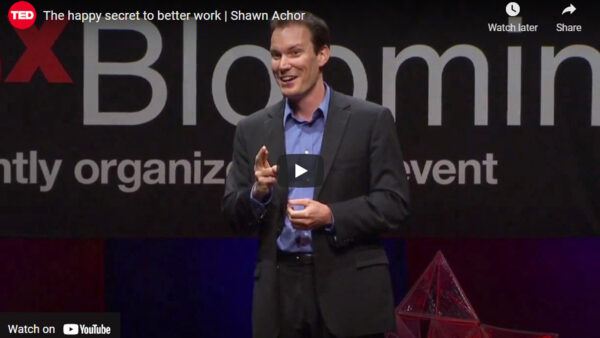So how do strengths and Strengthscope™ relate to emotional intelligence (Ei) at work? Our initial research into strengths which led to the development of Strengthscope™ explored the work of, amongst others, Meyer and Salovey and Daniel Goleman from the Ei research field, particularly as regards the energy which individuals have for understanding themselves and others. We can summarise our views on the relationship between the two complementary perspectives as follows.
Strengthscope™ assesses 24 strengths, which break down into four clusters: Emotional, Relational, Thinking and Execution. The first of these two clusters, Emotional and Relational, are more ‘people focused’ strengths. The second, Thinking and Execution, are more ‘task focused’ strengths. While Strengthscope™ is not intended to assess ability/skill but what energises individuals and what motivates them most at work, it is most often true that individuals who report ‘people focused’ strengths in the Emotional and Relational clusters in Strengthscope™ also display higher levels of Emotional Intelligence. Both in terms of intrapersonal intelligence (e.g. self-motivation, self-confidence, self-control) and interpersonal intelligence (empathy, compassion, developing others, relationship-building). So the first way in which Strengthscope™ relates to emotional intelligence is in the overlap between the Emotional and Relational clusters and most definitions of Ei.
Because the process of completing and receiving feedback on Strengthscope™ increases individuals’ self-awareness, it is always true that gaining a better understanding of what energises and motivates an individual, can lead to them developing a greater degree of emotional intelligence about their own emotional responses and those of others. Strengthscope™ offers simple, work-based language and a practical framework for understanding your own and others’ strengths. By better appreciating their own and others’ strengths, and how these differ, individuals make fewer assumptions about others’ motives and become better at exploring (through good questioning and listening) what it is that energises and motivates others. With the appropriate support, then, the use of Strengthscope™ provides a key tool to developing greater insight into oneself and others.
Building on this, we encourage people to explore where strengths tend to go into ‘overdrive’, i.e. where the energy underpinning a strength builds and builds but doesn’t necessarily achieve the intended outcome (for example, someone whose Persuasiveness strength starts to become overbearing and leads to them not listening to others’ ideas, when they are placed under pressure). When people recognise when, where and why some of their strengths go into overdrive, they are in a far better position to start to control this energy and become more agile in deploying it, in the right amount at the right time, with the right people. In itself, the development of agility around use of strengths represents one of the cornerstones of Emotional intelligence (to become more attuned to one’s own emotional states and to use this information to achieve better self-control in pressure situations).












